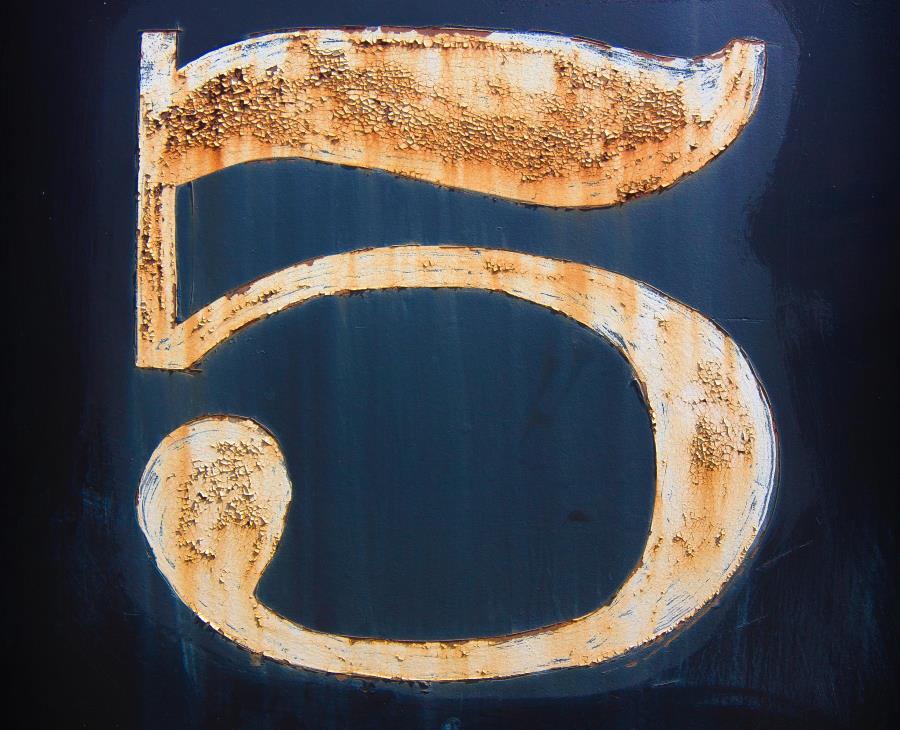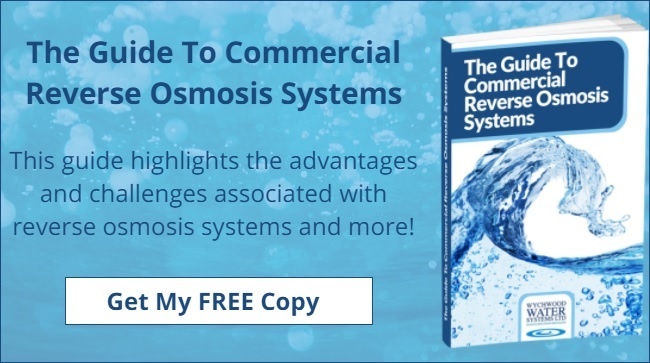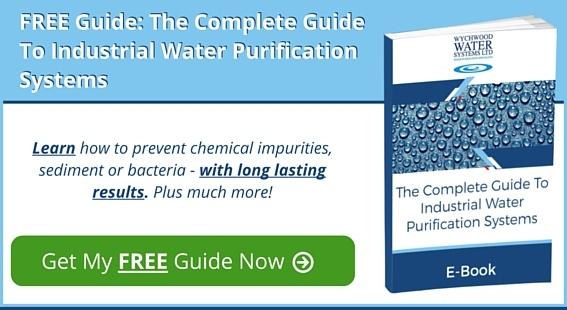
For pharmaceutical manufacturers, biotech companies, hospitals or any other institution where purified water is required, a water deioniser, commonly referred to as a demin system or a DI system, is generally a crucial process component.
The ionic impurities in the incoming mains water, typically salts and metals dissolved in the water as positively and negatively charged ions, can lead to poor efficiency and performance. This might be due to the formation of scale or precipitation at high temperatures. The impurities might disrupt the blending process for manufacturers or potentially introduce an unwanted contaminant into the product. Thus, they are regarded as impurities, and they must be removed, something that a DI system can do perfectly. The removal (deionisation) entails getting rid of the charged ions while leaving behind water molecules (H2O). This leads to a true water “blank” where the purified water acts as a pure solvent.
Owning a commercial water deioniser system, commonly referred to as a DI system, involves a lot more than just buying and installing it. How long your DI system lasts is significantly tied to how it is used. The typical lifespan of deionisation (DI) resin is 5 to 10 years. However, if the owner does not know how to properly maintain and use the system, it could not only impact the water deionisation process but also significantly decrease the life of the equipment.
Some of the most common mistakes are:
1: Treating All Mains Water Supplies As The Same
It is vital to assess the incoming water quality when using a deioniser system, both prior to initial purchase and throughout the life of the system also. Mains water is of variable quality, it can be loaded with organics in some areas of the country causing the DI resin surfaces to become fouled, thereby preventing the DI ion exchange process from taking place. It can also be high in hardness at different times of the year, dosed with chlorine of variable levels, or infected with run-off nitrates or loaded with bacteria, meaning upstream pre-treatment such as softening, organic scavenging and carbon filtration is essential, allowing for back-washing and sanitisation.
2: Using The Correct Water Deioniser Meter
The accuracy of an analogue meter cannot be compared to the exceptional accuracy of a digital resistance meter. However, a good number of DI water system owners still use the outdated meters that haven’t been calibrated in decades. The effect that this has on your system will vary depending on the kind of standards you are seeking to realise. One thing that remains unchallenged is that reading old meters is difficult and getting accurate results is nearly impossible.
3: Failure To Maintain Your System
All machines/systems will require regular testing and monitoring regardless of their purpose. Wear and tear can take place at any point, so maintenance is a necessary reality. It ensures that a problem is spotted early enough and fixed before it has a chance to escalate into a more serious issue. Just like all other systems, you have to monitor your deionised water system. It is also best practice to do daily quality control checks to verify the water quality & document the system performance, this enables all parties to understand the system better by establishing a trend over time. Preventative maintenance is then brought into play and made more effective.
4: Using Fouled/Aged Resin
The process of purifying your water involves replacing the water’s charged ions with hydroxyl and hydrogen ions. In order to ensure an effective and efficient purification process, you must ensure that the DI resin doesn’t get fouled or damaged. An aged resin isn’t effective at holding hydroxyl and hydrogen ions. Different things can foul the resin, including chloramines or chlorine, debris and iron content. Failure to properly regenerate the fouled resin will reduce its capacity and affect the process efficiency. Generally, the consumer will end up incurring high DI costs.
5: Purchasing From A Vendor Without ISO Accreditation
Any trustworthy vendor who fully satisfies the set water treatment standards must adhere to the relevant ISO standards. Before you hire their services, verify that your vendor follows the ISO protocols or else your whole process may be in jeopardy.
Professional Support For Your Deionisation Plant
At Wychwood Water we supply and maintain a wide range of water purification equipment, including deionisation plants. Speak to us about strategies to maximise the life of your system and extract the best value from your investment. More pointers are also available in our Guide To Industrial Deionisation Systems, which can be downloaded for free by clicking here.










 We are a specialist independent company involved in water purification and water treatment technologies
We are a specialist independent company involved in water purification and water treatment technologies


